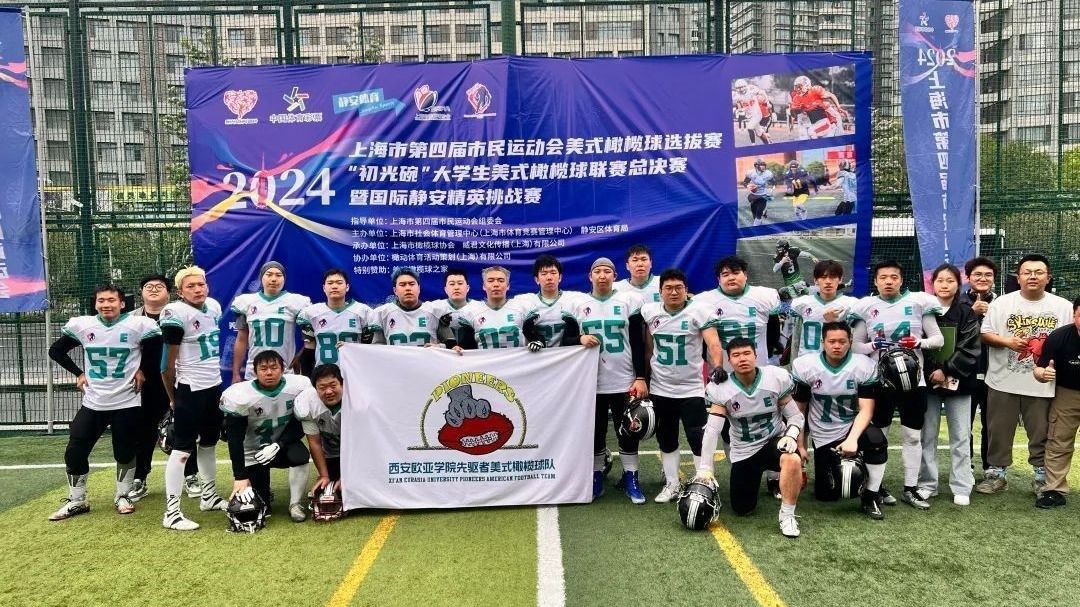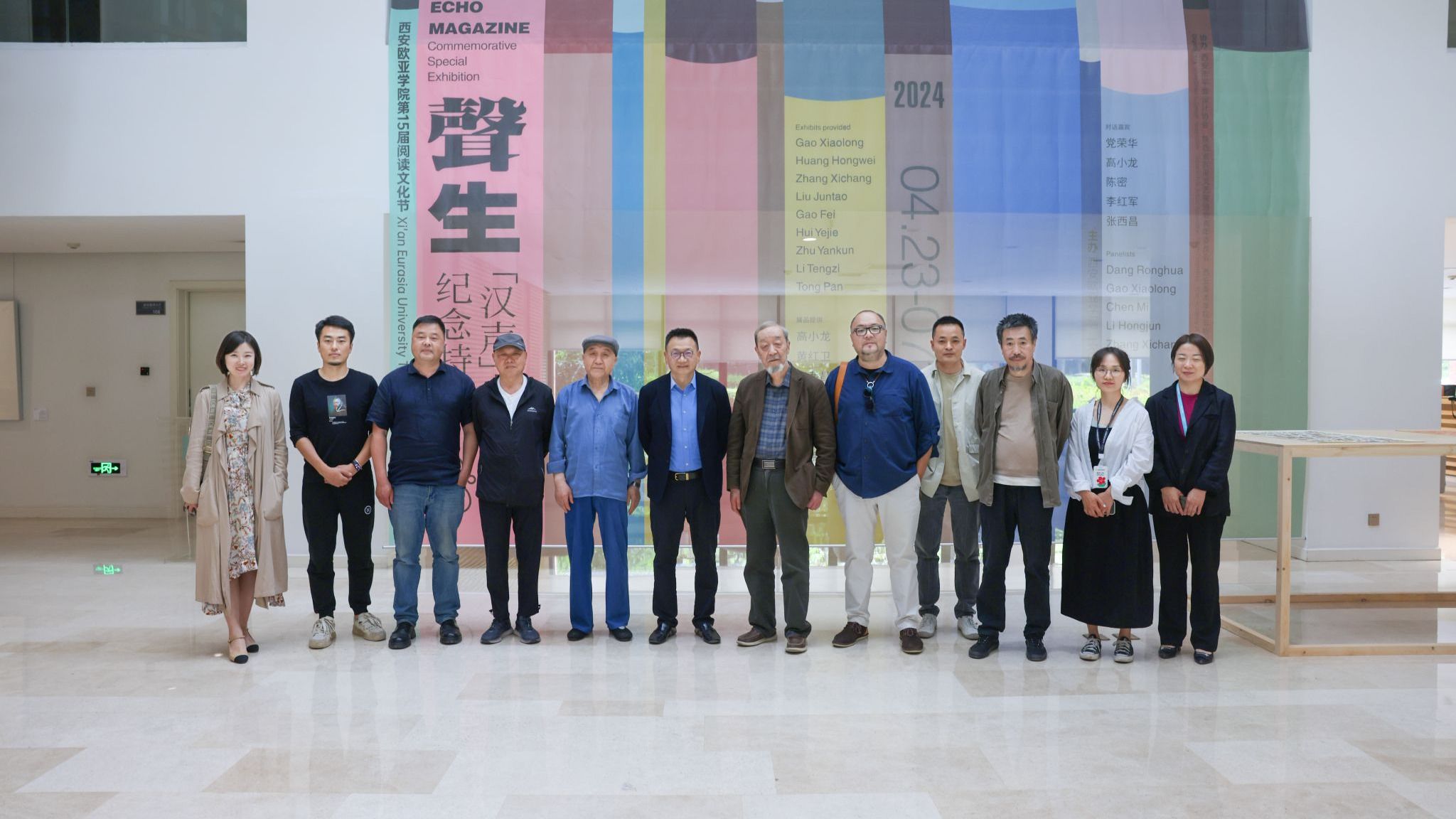Impact of declining births on universities

According to data published by the National Statistics Office, 9.56 million people were born in the year 2022. This is the first time that the newly-born population in China has fallen below 10 million. For universities, the number is very impactful. There are 11.93 million people taking the national college entrance exam in 2022 and a total of 10,145,400 students enrolled in general universities and schools of higher vocational education nationwide. If the current size of universities stays the same, in another 18 years, even if all school-age students go to college, there will not be sufficient students to meet the demand of the university's enrollment plan. However, there will be no significant impact on the "Double First Class" universities and Top 600 universities because they are in the middle and upper levels of the higher education pyramid. However, for over 600 application-oriented undergraduate universities, especially for more than 300 private undergraduate universities and 1,489 higher vocational institutions, the enrollment crisis can be seen indistinctly. According to Prof. Bie Dunrong, Director of the Institute of Education of Xiamen University, there are still ten years left for Chinese universities to maintain their current scale. Not long ago, a document reads that more than 160 private universities and colleges in Japan have closed down in the last 20 years, and only 110 remain today.
The public institutions in application-oriented universities and schools of higher vocational education depend mainly on the per capita allocation from financial organs and student tuition fees while private universities depend entirely on student tuition fees. Lower enrollment means significantly lower revenue. Many application-oriented universities have been doing well in the past, mainly because higher education has long been in a seller's market where demand exceeds supply, and as long as schools can meet the basic conditions to operate and are qualified to grant undergraduate and higher education diplomas, they don't have to worry about not having enough students. Now that the market environment is changing, these universities need to create more value for society as a whole, beyond the awarding of diplomas, in order to make a living. Of course, there will also be a number of schools that will be shut down.
Universities in the knowledge society
In the knowledge society, knowledge is rapidly becoming the primary factor of production, leaving capital and labor in a secondary position [1]. Most organizations today are composed of numerous brain workers and have been expanding to a certain degree. More and more people are involved in the production, use, and spread of knowledge, and the users of knowledge have entered a range of social institutions and social groups where they are both users and producers of knowledge.
More and more work and life scenarios require the use of expertise, and many judgments and choices that used to rely on experience and feelings can now be quantitatively described and evaluated because of the development of information technology and digital technology. In the current market environment, because of the pressure from the fierce competition, manufacturers will organize knowledge workers to continuously learn and apply specialized knowledge in order to form measurement constants, standards, operational specifications, etc. A large number of tasks that previously required human resources can be completed more efficiently with a lower cost and higher quality through these standardized processes and operational standards. Of course, manufacturers will also use robots in large numbers to replace laborers.
Because using knowledge to solve specific problems requires analysis in the context of specific scenarios, or transforming knowledge into various technologies. As a result, knowledge is inevitably reproduced locally and contextually, so that those who use it are also creating it.
In the knowledge society, the university is no longer the dominant player in the field of knowledge production as its relative position is declining. There are various knowledge institutions that will become competitors of the university. The university in the knowledge society is increasingly treated as one of many knowledge-producing institutions [2].
Non-traditional knowledge service providers
If universities are traditional knowledge service providers, many non-traditional knowledge service providers have emerged to fulfill teaching, research, and social service functions in their respective fields with remarkable success.
In fact, many key scientific and technological innovations have been transferred from universities to companies since the 1950s and 1960s. The most typical one is Bell Laboratories, which began as the R&D arm of AT&T and was later reorganized as a separate entity called AT&T Bell Laboratories. In the 90 years of its existence, Bell Labs possessed more than 30,000 patents and incubated 11 Nobel Prize winners, and changed the course of human development in the field of information technology many times.

For example, for research breakthroughs and knowledge production and dissemination in logistics, SF and JD are clearly more competitive than the logistics schools or institutes in various universities. These leading companies have set up research institutes to increase investment in basic research and technology development, enhance their own competitiveness, build growth engines, and also make important contributions to the overall improvement of the science and technology level in China.
The market for education and teaching services engaged in knowledge dissemination has matured, with a great number of demands. An industry research report indicates that China's education and training market reached RMB 2 trillion in 2022, with the main focus on college entrance exams and vocational certificates. For the lifelong learning of the public and the dissemination power and publicity of knowledge in the public domain, Internet knowledge service providers such as "Spiritual Wealth Club Dushu APP" and "Dedao APP" have formed a force that can not be ignored.
The number of technology service and management consulting organizations in society is also proliferating. Some time ago, our school started a process optimization project with Shenzhen Gewu Process Research Institute. This is a non-profit organization with its members being business and management experts from benchmark companies such as Huawei and SF, who have a deep grasp of process knowledge and technology and have rich practical experience. With such a professional team to carry out technical services, the company can easily meet the demands of its customers.
While application-oriented universities are still concerned about and struggling for their ranking and reputation within the system, there are already a large number of knowledge service organizations that are taking up the responsibilities of teaching, research, and social services, and they are creating value for this society and achieving considerable economic and social benefits. This calls for a reflection by the operators and teachers of application-oriented universities on how we can create more value in teaching, research, social service, and cultural transmission than other knowledge service institutions, in addition to the traditional advantage of being able to issue nationally recognized diplomas. An important measure standard of its effectiveness is the proportion of research and social service in the total revenue mix.
How can universities turn the table?
The process of the knowledge society and the trend of sub-replacement fertility in Europe and the United States are earlier than that in China, so let's see what they do to cope with it. In the book Creating Entrepreneurial Universities: Organizational Pathways of Transformation [3], Burton Clark examines the transformation experiences of five emerging universities in the UK, the Netherlands, Sweden, and Finland, which Clark refers to as "entrepreneurial universities. These universities have taken bold entrepreneurial and innovative actions to build bridges between academic disciplines and social industries, transform academic outcomes, and focus on social service functions to "turn the table".
Another typical category is represented by some research universities in the United States. Henry Etzkowitz examined MIT, Stanford, and other research universities in-depth and wrote the book MIT and the Rise of Entrepreneurial Science [4]. Its core proposition is how universities can make use of their advantages in knowledge creation and gathering talent in order to transform scientific research results into real productivity and directly serve the development of the economy and society.

For application-oriented universities, the key to "turn the table" lies in three shifts, that is, shift from focusing on the ranking within the university system and individual promotion and development to focusing on students' learning and life experiences and whether they can meet the needs of lifelong education in a knowledge-based society; shift from the relatively looped school operation to the deep integration of industry and education and comprehensive open schooling; shift from the orientation of seeking government resources and enhancing academic reputation to meeting the development needs of local enterprises and industry and obtaining social resources.
The educational mission of application-oriented universities is to cultivate high-quality applied talents and help students increase their value so that they are able to solve problems with knowledge and technology for enterprises without extensive training after graduation, adapt to the development of the times, feature professionalism, theoretical literacy, and lifelong learning ability.
An application-oriented university is characterized by openness and cooperation with industry and enterprises, including openness in school governance and joint governance by different stakeholders; openness in the way of education, integration of industry and education, and lifelong education; openness in the management mode so that we can provide more diversified and convenient access to resources, and more scientific education evaluation to meet the demands of multiple parties.
The application-oriented universities should cater to regional economic and social development by giving full play to the advantages of interdisciplinary learning based on usage logic, creatively providing new knowledge, new methods, new mechanisms, and new processes needed to meet new demands, and helping enterprises solve various practical problems.
Drucker pointed out that in the future, companies, labor unions, universities, hospitals, and even governments will need to "turn the table". To "turn the table", we must "give up those that don't work, never worked, those that are obsolete and can no longer make contributions. Instead, we should focus on those functions well and really take effect, and those that improve the organization's ability to perform."
Bibliography
[1] Peter Drucker. Knowledge Society [M]. Beijing: China Machine Press, 2021.
[2] Gerard Delanty. Challenging Knowledge: The University in the Knowledge Society [M]. Beijing: Peking University Press, 2010:105.
[3] Burton Clark. Creating Entrepreneurial Universities: Organizational Pathways of Transformation [M]. Translated by Wang Chengxu, Beijing: People's Education Press, 2007
[4] Henry Etzkowitz. MIT and the Rise of Entrepreneurial Science [M]. Translated by Wang Sunyu and Yuan Bentao, Beijing: Tsinghua University Press, 2007







